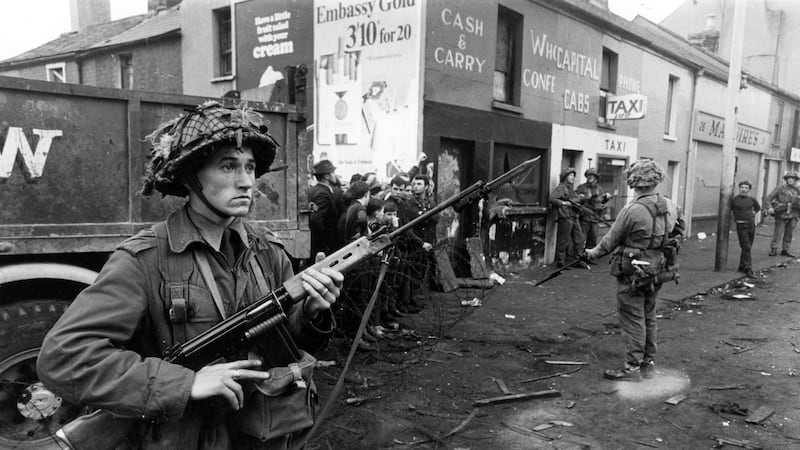Last Sunday’s regional elections in Catalonia were a decisive victory for the the right to create a new country, independent of Spain, according to the pro-independence movement.
However, in the eyes of their opponents the result was a humiliating defeat for the secessionists.
While pro-independence parties won a majority of seats in the Barcelona-based regional parliament they were not backed by a majority of the electorate, taking just under 50 per cent of votes cast.
Their opponents argue if last Sunday's vote had been a referendum the No vote would have carried the day.
Many Catalans, while fiercely proud of their identity and culture, have no desire to split from Spain to form a new independent country.
The region already has considerable autonomy with its own parliament - the Generalitat - but ultimate authority rests with the central government in Madrid.
Catalan separatists claim their right to self-determination is based on a distinct identity from the rest of Spain in terms of language, culture, history and political institutions.
Economics is also a key issue. Catalonia is one of the wealthiest regions in Spain but, like the rest of the country, has been badly hit by the global recession.
Supporters of independence argue that per head of the population Catalonia generates far more wealth than the Spanish average and contributes a greater pot of money into central government.
They say that their contribution is not matched in terms of investment by central government back into the region and that they get much less than they put in.
Spain’s conservative prime minister Mariano Rajoy says that he will engage with the separatists but that the break-up of Spain is not on the agenda.
The central conservative government has used the Spanish courts to prevent the Catalan regional administration from organising a referendum to vote on independence saying it is unconstitutional.
Earlier this week Catalan president Artur Mas was charged under Spain’s civil disobedience laws with organising an unofficial referendum in November last year.
The Spanish central authorities have also called in their international allies.
They insist that breaking from Spain would mean an independent Catalonia would have also have to leave the EU and it would no longer be entitled to use the euro as its currency.
Ahead of last week’s poll, British prime minister David Cameron said that if Catalonia broke away from Spain it would be at the “back of the queue” to rejoin the EU.
Even US president Barack Obama has weighed in saying he is in favour of a unified Spain.
In the broader national debate it is not just the conservative government of Mariano Rajoy that is opposed to Catalan independence. The main opposition party, the socialist PSOE, has also been vociferous in its opposition.
Former PSOE prime minister Felipe González warned of the dangers of Catalonia being "dragged into an illegal and irresponsible venture".
National elections are due to be held in Spain later this year and the two big parties, the PSOE and Rajoy’s PP, who have alternated power since 1981, are facing challenges at other levels.
The anti-austerity party Podemos is making big waves and could be a deal-maker in forming Spain’s next national government.
It is not in favour of Catalan independence but is more amenable to a referendum on the issue.
The debate is stirring strong emotions among ordinary people throughout Spain and abroad.
A Spanish friend, who lives in Belfast and who is not from Catalonia, said he was opposed to the referendum because it was against the constitution.
“A constitution that was built up after many years of suffering throughout Spanish Civil War and dictatorship. A constitution that was built from every corner of Spain and for every Spanish citizen,” he said.
“We all had to give in and give up for the greater good. Jeopardising this subsequent stability and prosperity does not seem a sensible idea to me.”
From another side of the debate a Catalan friend, from Girona, told me that while she did not necessarily want independence she felt she had the right to vote on the issue in a referendum.
“The danger for the central government and other regions of Spain is that if they keep refusing to allow a referendum they will further radicalise Catalan nationalism and fuel desire for national determination,” she said.
But the Spanish government reticence is clearly based on the possibility that if an independence referendum did go ahead the people of Catalonia might vote ‘Sí’.
t.bailie@irishnews.com
:: Newton Emerson is away.








